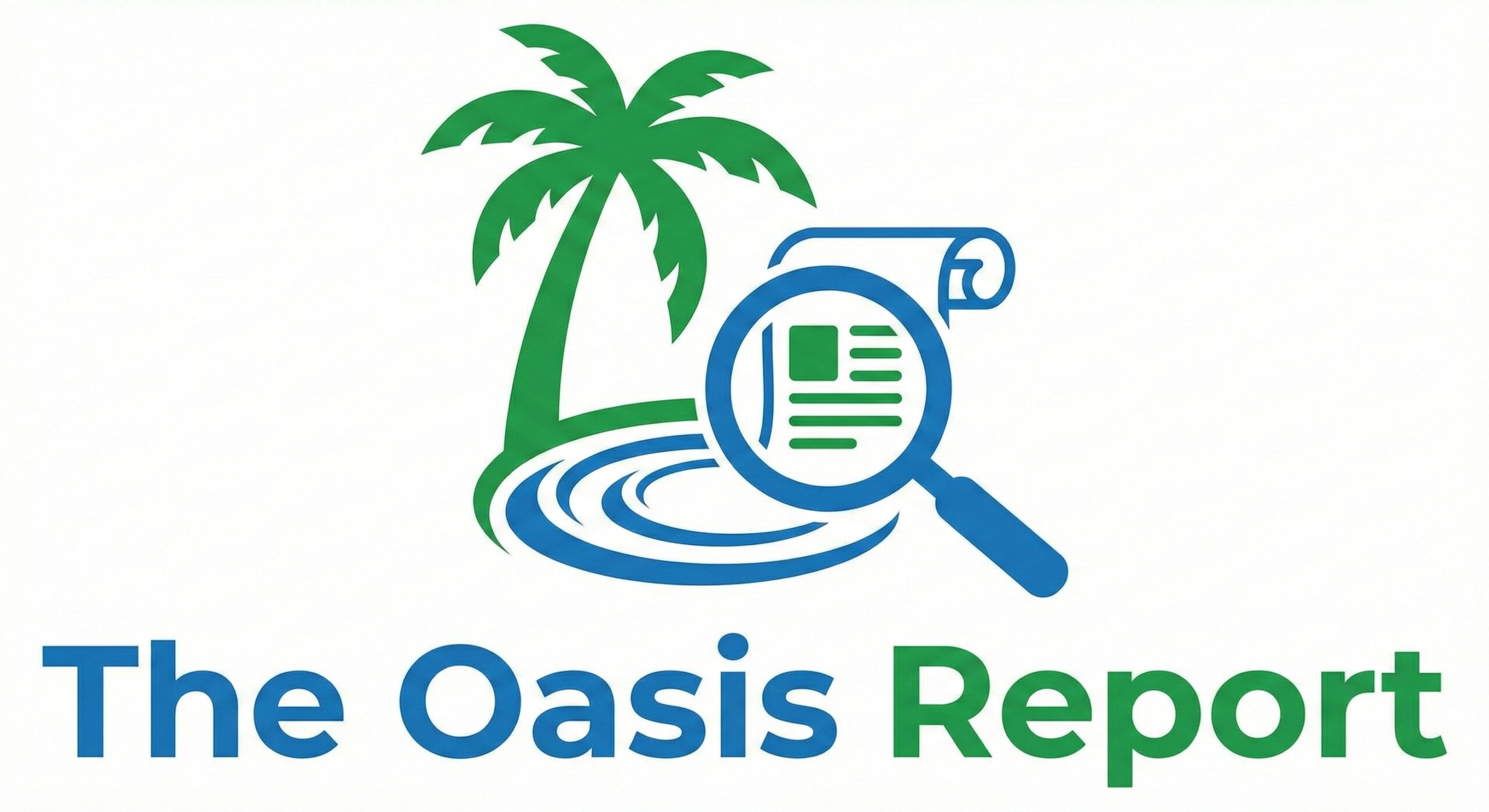Athletes from the Disabled Club of Mecca Al Mukarramah region participated in the Kingdom Bodybuilding Championship, organized by the Saudi Bodybuilding Federation, and achieved remarkable achievements in the sport, as a step reflecting the development of disability sports and strengthening its presence in national competitions.
As a result of their participation, Solor Al Yami took first place and Anan Al Rajhi took second place amidst fierce competition and high skill level, a result that embodies the determination, determination and competitive spirit of the athletes.
This achievement was achieved under the technical supervision of coach Ahmed Maghribi, a world bodybuilding champion, who contributed his experience in preparing the athletes and improving their physical and technical readiness for participation in the tournament.
This achievement represents an extension of our efforts to empower athletes with disabilities and increase their participation in official tournaments, supporting sporting excellence, reinforcing values of challenge and achievement, and contributing to improving quality of life through sport.
Athletes from disabled clubs in Mecca region participated in the Kingdom Bodybuilding Championship organized by the Saudi Bodybuilding Federation and achieved remarkable achievements in the sport. This measure reflects the development of sports for people with disabilities and increases its presence in national competitions.
As a result of their participation, Saloor Al Yami took first place and Anan Al Rajhi took second place amidst fierce competition and high skill level, demonstrating the determination, perseverance and competitive spirit of the athletes.
This achievement was achieved under the technical supervision of coach Ahmed Maghrabi, a world bodybuilding champion, who contributed his expertise in preparing the athletes and strengthening their physical and technical readiness for the championship.
This achievement represents a continuation of our efforts to empower athletes with disabilities, strengthen their participation in official championships, contribute to supporting excellence in sport, uphold our values of challenge and achievement, and improve quality of life through sport.


